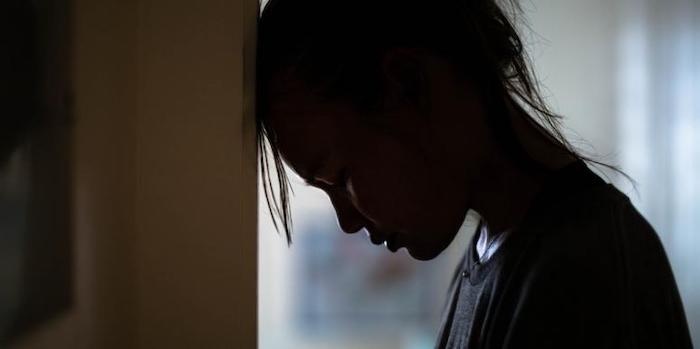— Dealing with ‘disenfranchised grief’

By Dianne Hendricks
I have reached an age where reading the obituaries has become a routine activity. According to statistics, about 50% of Americans born in my birth year are still alive. So reading the obituaries is also a math exercise addressing the question of how many people eulogized today were younger than I am, and how many were older? Oddly, the answer is often about 50-50.
I feel blessed to have made it this far relatively intact. I don’t come from a family of long-lived people, so I am somewhat surprised to still be here. There are so many upsides to my life, but there is one significant downside — repeatedly grieving those who have been removed from me through death.
Sometimes, usually late at night, I Google names from my long-distant past, looking for traces of people I used to know. My generation does not have a particularly large internet presence so finding any information can be challenging.
I have found the kindly Ohio oboe teacher who shared silly jokes during my lessons, the Connecticut neighbor with eight daughters who doted on my two young sons and the California nurse I shared shifts, lunches and gripes with in the 1970s. These memories are bittersweet, but there is also comfort in revisiting them.
A few months ago, an obituary popped up online, bringing with it painful and unexpected feelings of grief and loss. Working through that experience has been different from all the others, and different as well from losses suffered up close in real time. I needed to discover how and why in order to deal with my profound sadness.
The man I’ll call Harold was, for two years, my high school boyfriend. On the day he died, we’d had no contact for 55 years. I found a lengthy obituary with a photograph on Legacy.com.
It was not difficult to unearth the teenage boy hidden among the folds and wrinkles of the completely bald old man I was viewing. I saw the little scar on his left cheek that had resulted from an elbow to the face during a varsity football game. I noted the half-smile that looked a great deal like an expression I remembered.
So, what was I grieving for? Through the years, I’d thought about Harold many times, always with fondness and always wishing him well. I harbored a fantasy that someday we would see each other again — at least once more before we died. Was the grief for the death of that fantasy or for my lost youth? If so, I felt rather silly.
In 1989, Dr. Kenneth Doka created the term “disenfranchised grief” to describe a loss that is not “openly acknowledged, socially sanctioned or publicly mourned.” This covers relationships that are not generally viewed as significant or valuable by others. The loss is not seen as worthy of grief, nor is the grief-stricken person recognized as a legitimate griever. Thus, I found myself in a position of being reluctant to discuss my feelings of loss with others.
Doka recommends finding a personally meaningful way to memorialize the deceased, and I took his advice. A few weeks ago, I changed the passcode on my phone to reflect the letters of Harold’s name — 427653. Now, every time I open my phone, I think of him briefly, and I smile. The sadness has finally drifted away.
Complete Article ↪HERE↩!
